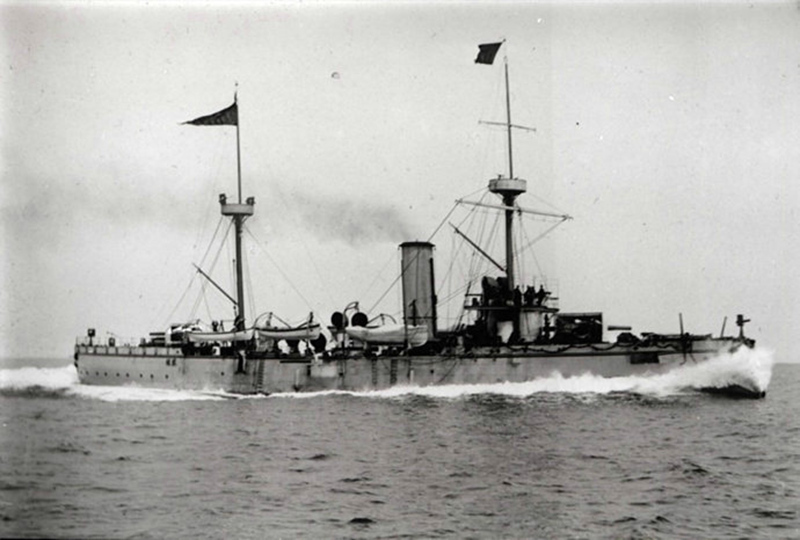Past offers lessons for China on path to rejuvenation

The Beiyang Fleet represented the Qing's aspirations to be a world power, which was thwarted when the entire navy was destroyed in Weihai.
Experts of China studies and international relations gathered in Weihai, a coastal city in East China’s Shandong Province, to discuss the rejuvenation of the Chinese nation and the Chinese path on July 22.
Weihai was the site of a pivotal battle in the War of Jiawu, also known as the First Sino-Japanese War. It was also the base of the Beiyang Fleet, which was considered one of the world’s most advanced navies during the late Qing Dynasty. Evaluating the legacy of the fleet, Liu Jianya, president of the Weihai campus of Shandong University, said, “More than a century has passed since the War of Jiawu ended with the destruction of the Beiyang Fleet and China’s defeat, so we are here to remind ourselves of history.”
The Beiyang Fleet represented the Qing's aspirations to be a world power, which were thwarted when the entire navy was destroyed in Weihai. The Qing's failure to modernize its army contributed to the decline and ultimate fall of the dynasty.
Through years of trial and error, China has embarked on a path that is uniquely suited to its history and society, said Zhou Hong, deputy director of the Academic Division of International Studies under the Chinese Academy of Social Sciences (CASS). “By improving the living standard of one-sixth of the world population, the country contributes to the overall progress of humanity. It is evident that the coexistence of different social systems and development modes maintains the vitality of human civilization.”
Zhang Weiwei, director of the China Institute at Fudan University recounted a dialogue he had with American political theorist Francis Fukuyama, the author of The End of History and the Last Man, shortly after the Arab Spring broke out. “In response to Fukuyama’s predictions, I told him that a similar wave of unrest would never occur in China. The reason is apparent: The Arab countries, including Egypt, are still trying hard to seek their paths to rise, while China has already discovered a way to thrive.”
China has successfully balanced modernization with its domestic political system and cultural tradition, while properly handling the relationship between the Chinese and Western development models. This ability to innovate has contributed to China’s status as the world’s second largest economy, Zhang Weiwei said.
Today, China faces an ever more complex international environment as the adjustment of the international political and economic system continues in the post-Cold War era. In this context, emerging countries, represented by China, are rising, and the international community is taking great interest in their domestic affairs and diplomacy, said Zhang Baijia, former deputy director of the Party History Research Center of the CPC Central Committee.
“Each act and move of China is particularly important. The ‘Belt and Road’ initiative and the establishment of the Asia Infrastructure Investment Bank are ways for China to interact with the global community to balance and coordinate the international system,” Zhang Baijia added.
During his closing remarks, Zhang Yunling, director of CASS’s Academic Division of International Studies, said that an important factor supporting China’s steady development is cultural tradition. As China’s most valuable and distinctive form of “soft power,” cultural tradition has been properly integrated in the course of modernization, which injects great cohesiveness into the country’s progress, he said.
Bai Le is a reporter at the Chinese Social Sciences Today.
